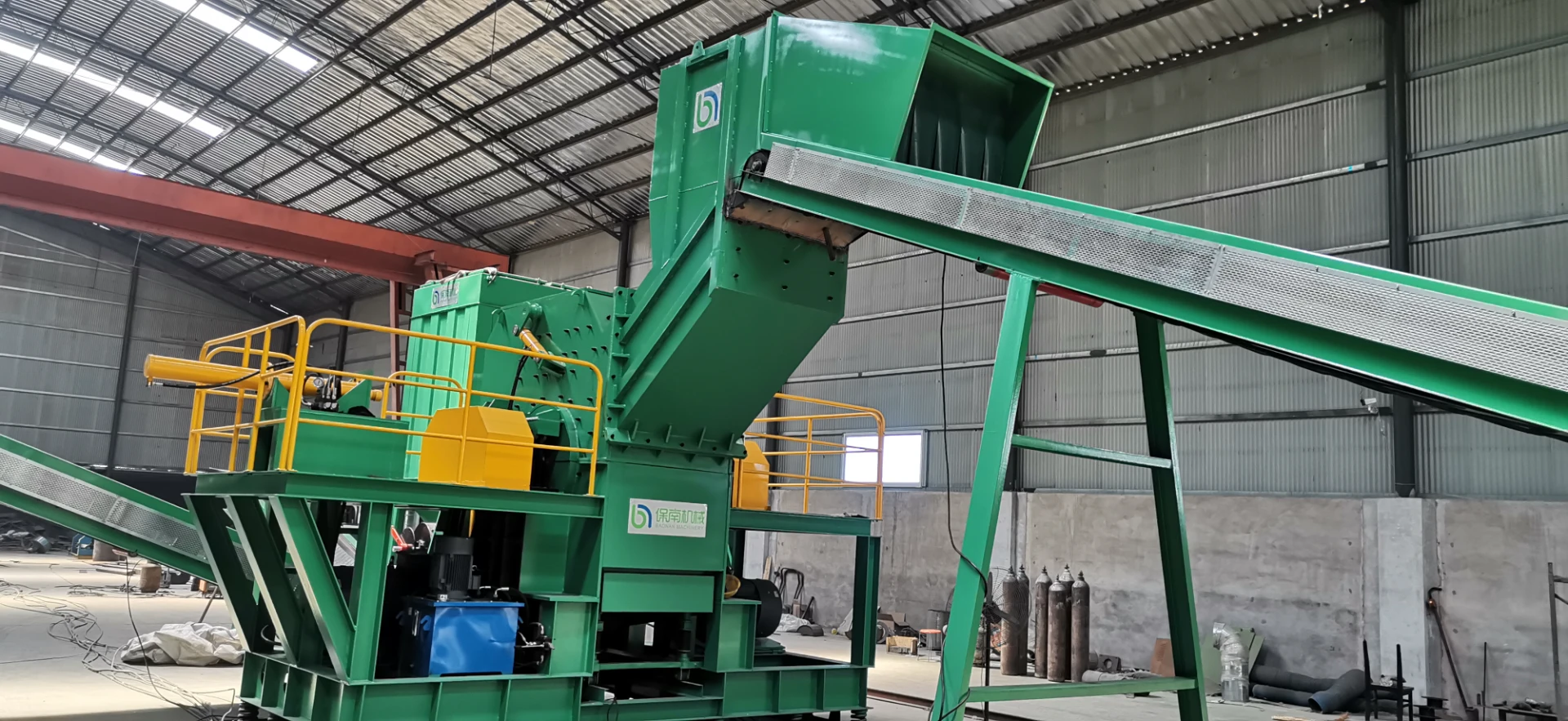
9 月 . 28, 2024 21:40 Back to list
The Importance and Innovation of Waste Sorting Machines
In a world increasingly burdened by waste, the significance of effective waste management cannot be overstated. As urban populations swell and consumption increases, the need for efficient waste sorting becomes critical. Enter the waste sorting machine a pivotal innovation in the realm of waste management technologies, designed to streamline recycling processes and promote environmental sustainability.
Understanding Waste Sorting Machines
Waste sorting machines are automated systems engineered to separate different types of waste materials into designated categories. This process is essential for enhancing recycling rates and minimizing landfill contributions. Generally, these machines sort items based on various criteria, including material composition, size, weight, and density. The primary types of waste sorted include plastics, metals, glass, and organic waste.
The architecture of a waste sorting system typically involves several components conveyor belts, shredders, magnets, air classifiers, and optical sorting scanners. Once the waste is deposited onto the conveyor belt, it is automatically analyzed and sorted using sensors and artificial intelligence. This rapid and precise sorting process significantly reduces the manual labor required in traditional waste sorting and increases the efficiency and accuracy of the operation.
The Environmental Impact
The environmental implications of waste sorting machines are profound. By ensuring that recyclables are effectively separated from general waste, these machines dramatically decrease the amount of material that ends up in landfills. In many regions, improper waste management practices lead to severe ecological consequences, such as soil and water contamination. Waste sorting machines contribute to the circular economy by facilitating recycling, thereby reducing the need for raw materials and minimizing environmental degradation.
Moreover, emissions associated with waste disposal are vastly reduced when recyclables are separated efficiently. For instance, recycling metals consumes significantly less energy than producing new metals from raw ore. Waste sorting machines, therefore, play a crucial role in combating climate change by lowering greenhouse gas emissions linked to waste processing and manufacturing.
Economic Benefits

Investment in waste sorting technology yields substantial economic advantages as well. By improving the efficiency of waste management systems, municipalities can save considerable amounts in landfill costs and environmental clean-up efforts. Moreover, the recycling industry generates jobs; skilled positions are created in the operation and maintenance of these machines, as well as in subsequent recycling processes.
Additionally, sorting machines that enhance the quality of recycled materials allow businesses to produce higher-quality goods from recycled sources, creating economic value while upholding ecological responsibility. This not only meets consumer demand for sustainable products but also helps companies improve their corporate image and market competitiveness.
Challenges and Innovations
Despite the clear benefits, the implementation of waste sorting machines is not without challenges. One of the primary obstacles is the upfront cost of the technology, which can deter municipalities from investing in these systems. However, as technology advances, the cost is expected to decrease, making these innovations more accessible.
Furthermore, as public awareness of waste management grows, there is a pressing need for education and cooperation from consumers. Effective sorting at the source, such as homes and businesses, is crucial for the success of automated systems. Initiatives that promote public engagement in waste sorting can enhance the overall efficacy of waste management programs.
The introduction of smart waste sorting systems, incorporating artificial intelligence and machine learning, stands as a beacon of innovation in the industry. These advanced technologies can analyze waste streams more effectively by learning from previous sorting patterns, leading to continuous improvement in sorting accuracy and efficiency.
Conclusion
Waste sorting machines represent a vital step towards enhancing waste management systems globally. These innovative devices not only improve recycling rates and reduce landfill contributions but also foster economic growth and environmental sustainability. As technology continues to evolve, and as society becomes increasingly aware of the importance of responsible waste management, the role of waste sorting machines will undoubtedly expand.
With continuous advancements and a collective commitment to sustainable practices, we can envision a future where waste is no longer a burden, but rather a resource—a future made possible by the transformative power of waste sorting technology. Together, we have the opportunity to innovate our way toward a cleaner, more sustainable planet.
Latest news
Unveiling the Power of Eddy Current Separator
NewsSep.25,2024
Transform Your Home Recyclin:home metal shredder
NewsSep.25,2024
The Future of Waste Management with Recycling Line Picker
NewsSep.25,2024
The Benefits of a Metal Recycling Plant
NewsSep.25,2024
Revolutionize Material Separation with Onwang Technology
NewsSep.25,2024
Innovative Waste Management: Unveiling the MSW Sorting Plant
NewsSep.25,2024